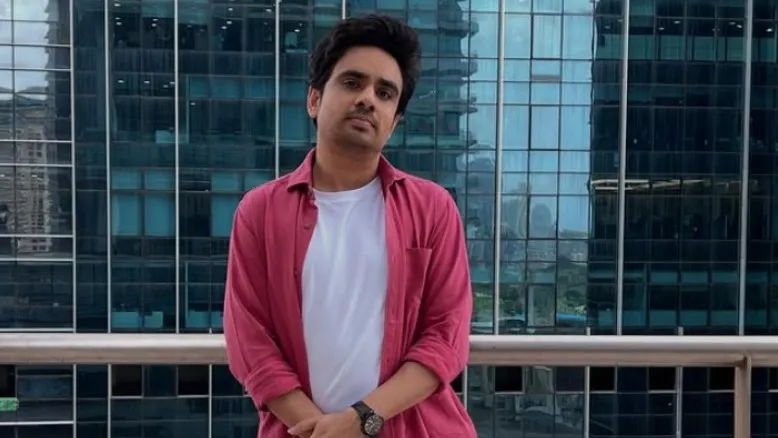- By Swati Singh
- Wed, 10 Sep 2025 04:50 PM (IST)
- Source:JND
Actor Ashish Verma, who is known for his work in movies like Article 15, web series Saas, Bahu Aur Flamingo, Chourt Kacheri, among others, believes that the OTT revolution is transforming Indian entertainment. In an exclusive interview with The Daily Jagran, Verma asserted that the traditional "hero versus sidekick" hierarchy is collapsing in the OTT space, where long-form storytelling now allows every character to have a meaningful journey.
According to Verma, the longer format of web series, with 40 to 60-minute episodes, gives creators more room to build intricate narratives where every character serves a purpose. Opening up on how the OTT is collapsing "hero vs sidekick" hierarchy, Ashish said, "In the OTT, there are episodes like this, about one hour episode, 40 minute episodes. So, there's so much to tell. So, every character has a journey. Every character's presence in the show has got a purpose. It's not just there for the sake of surprise."
"And people who are not so classically hero-looking are also often getting to play the protagonist, because the story is king because there's a lot of relatability factor. When people see someone performing in OTT, they feel like that person is me. That's literally the boy next door, common-looking people," he further added.
Ashish Verma Feels Stardom Is A 'Trap'
Ashish Verma said that actors should love the craft more than fame, money, and stardom. Ashish said, "I often tell a lot of young people who come to become actors. Yeah. Like, if I take all the stardom, all the fame, all the money away, would you still want to be an actor? For just that moment that you share with your co-actor? For a chord that you strike with the audience? Or for just the love of the craft of acting? If the answer is yes, do become an actor. Because you need to love the craft more. Rest, everything is a by-product."
Ashish Verma urged aspiring actors to focus on the love of acting, suggesting that fame and money are by-products. He emphasised the need to love acting for its own sake, apart from all other benefits.


